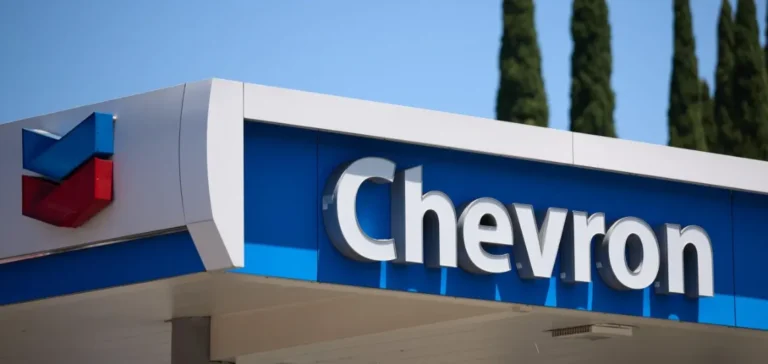Oil group Chevron is in advanced talks to acquire part of the international assets of Lukoil, one of Russia’s leading oil companies. The deal falls within a defined legal framework enforced by the Office of Foreign Assets Control (OFAC), which is overseeing the orderly withdrawal of Russian companies from international markets following their designation on the sanctions list.
Strategic assets under American oversight
The portfolio includes stakes in oil fields in Iraq, Kazakhstan, Uzbekistan, and Mexico, as well as an extensive network of service stations and refineries in Europe. Together, these assets represent approximately 0.5% of global oil production, or around 500,000 barrels per day. While these assets account for only 5% of Lukoil’s output, they are estimated to contribute around a quarter of the company’s market valuation.
OFAC has issued several temporary general licenses authorising the sale of these assets until 21 November. These licences also permit U.S. or partner companies to enter into acquisition talks, provided they comply with regulatory requirements. Chevron appears to be the favoured buyer after the initial sale to Gunvor was blocked by the U.S. Treasury.
Tactical interest for Chevron and its partners
For Chevron, the deal offers several advantages. It would provide direct access to refining and distribution infrastructure in Europe, a market traditionally dominated by European majors. The targeted assets generate steady cash flows, despite being classified as “distressed” due to their exposure to sanctions.
Lukoil has officially announced its intent to sell these international assets. The Russian group seeks to avoid prolonged asset freezes and the associated operational risks. The company is reportedly requesting an extension of the current licences in order to evaluate multiple offers and secure a better valuation.
U.S. administration actively structuring the deal
The U.S. administration is closely supervising the divestment process. The issued licences not only authorise asset wind-downs but also allow full-scale mergers and acquisitions discussions. Washington’s implicit selection of Chevron as a buyer reflects its alignment with sanctions policies and its existing involvement in projects like the Caspian Pipeline Consortium.
Gunvor, which had made a $22bn offer, was excluded due to alleged links with the Kremlin, reinforcing the preference for a fully compliant U.S. buyer. This approach could extend to The Carlyle Group, which may assist or complement Chevron’s acquisition strategy.
Market and corporate implications
The transaction could impact regional supply of refined products, particularly in Eastern Europe and the Balkans. Existing long-term contracts may need to be renegotiated depending on the buyer’s profile and regulatory conditions set by European competition authorities.
For Lukoil, the sale would mark a significant strategic loss, reducing its international presence and limiting access to non-Russian markets. Conversely, Chevron would strengthen its position across critical segments of the oil value chain, while facing increased exposure to transatlantic regulatory shifts.






















